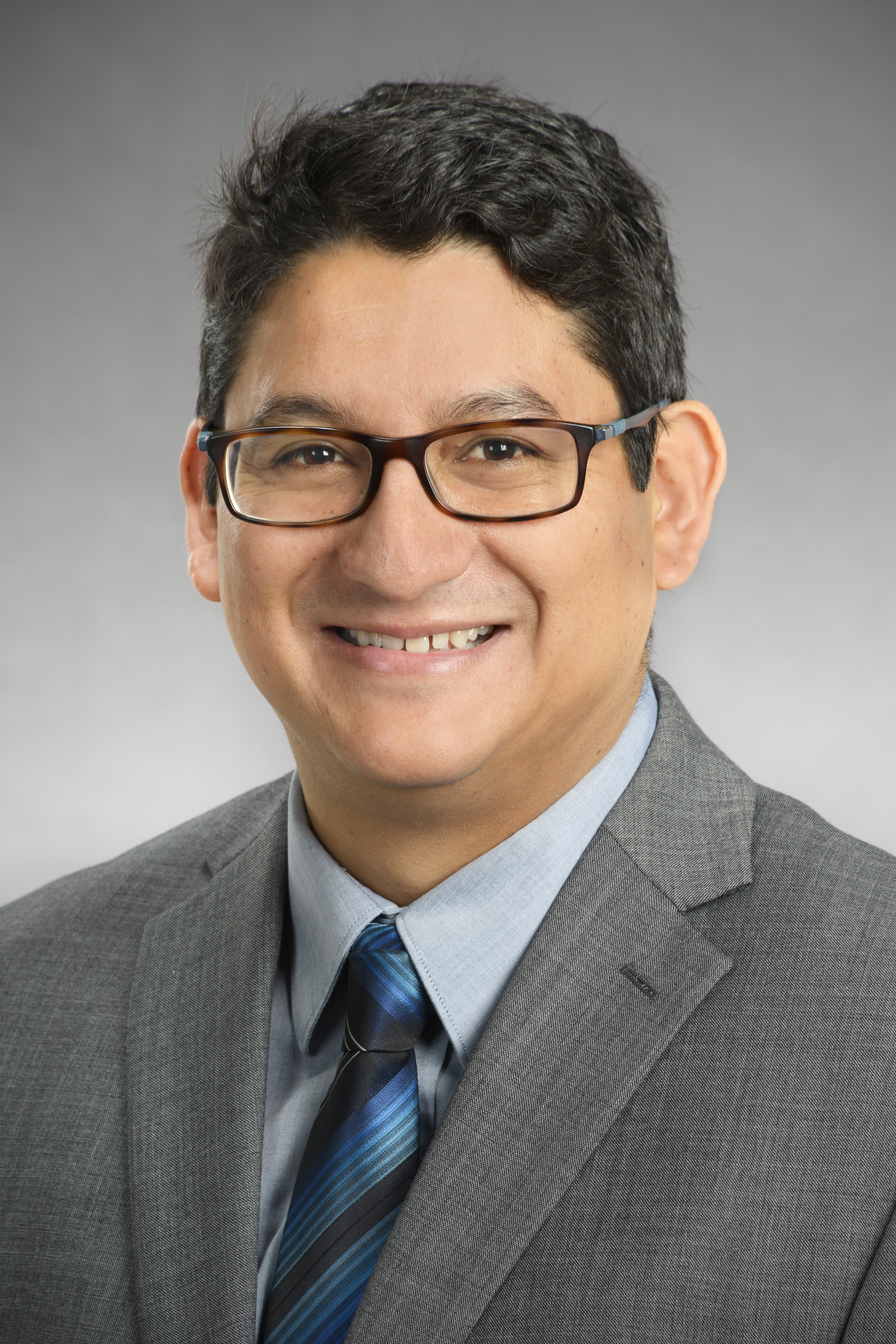Oscar Zapata

Assistant Professor
PhD, University of Calgary
Office: CL 250
E-mail: oscar.zapata@uregina.ca
Phone: 585-4074
I joined the Department of Economics at the University of Regina in 2019. Before coming to Regina, I completed a postdoctoral research fellowship in field experiments and public engagement in the School of Community and Regional Planning (SCARP) at the University of British Columbia (UBC). I obtained a PhD degree and a Master’s degree in Economics at the University of Calgary, and a Master’s degree in Sustainable International Development at Brandeis University (MA, USA). My fields of specialization include environmental and resource economics, behavioral and experimental economics, development economics, and applied econometrics, with specific emphasis in the economics of water and climate change.
My passion for research stems from his interest in understanding human behavior and the decision-making process. I study the role of factors that consciously (i.e., prices or endowments) or unconsciously (i.e., identity, beliefs, scarcity, adversity or climate conditions) explain people’s behavior and thereby determine economic and social outcomes. My research work goes from the study of global problems such as mitigation and adaptation to climate change, to the understanding of individual level problems, such as consumption decisions in the household. My research studies not only the effect of human decisions on the environment but also how the environment influences economic behavior in society. I look at individual economic behavior in the context of climate change, with an eye towards for how mitigation and adaptation to climate change are fundamental elements used to affect individual welfare and living conditions. I utilize economic theory to define research questions and employs both econometric techniques and experimental methods (lab and field) to answer them.
My objective as a teacher is to engage students in the learning process and promote critical thinking. I implement experiential learning by conducting innovative and participatory activities in the classroom, such as experiments and games in market functioning, decision-making under risk and uncertainty, contributions to public goods and use of common resources, environmental externalities and resource governance. To make the concepts and theories more immediate and personally valuable to students, I encourage them to find examples of economic decisions in their own lives and in related economic events. Teaching a wide range of courses in different countries and cultural contexts has made me aware of the needs and interests of students, as well as sensitive to the particularities of the learning process in multidisciplinary and multicultural environments.
